
Author Mads Timmermann
Mads has 15+ years of experience as a skin expert and has written/read this article.
🔥 New Updated 2025 Guide: 🔥
👉 Get the Clean Skin Guide now
Tired of acne and breakouts that never go away? 🤔
Learn how to fight your acne effectively and quickly.
🌟 390,067 others have already received the guide.
In the quest for enhanced athletic performance and muscle growth, creatine has become a popular supplement among athletes and fitness enthusiasts. As its usage has increased, so have discussions around its potential side effects, with a particular focus on whether creatine supplementation could be linked to the development of acne. Acne is a common skin condition that many people contend with, so it's no surprise that the possibility of a widely-used supplement contributing to this condition is met with concern.
The relationship between creatine and acne is not exclusively clear-cut. On one hand, there is clinical evidence suggesting no direct link between the two, while anecdotal reports from some users claim an increase in acne breakouts following creatine consumption. It is crucial to consider these reports within the complex context of acne, which can be influenced by a myriad of factors including hormones, diet, stress, and genetics. Certain studies also suggest that high-protein diets, often adopted by those taking creatine, could correlate to fluctuations in skin condition. We dive into the science to investigate the existing research on creatine's effects on the skin and provide guidance on its safe usage.
Key Takeaways
- Creatine is a common supplement used for sports performance, which has raised concerns about its link to acne.
- While some anecdotal evidence suggests a connection, scientific data to definitively confirm this is insufficient.
- Considering individual health factors is crucial when evaluating the potential effects of creatine on skin health.
Understanding Creatine
In this section, we'll explore creatine—a molecule in your body that plays a critical role for energy in muscles. We'll look at what creatine is and where it comes from.
What Is Creatine?
Creatine is a naturally occurring compound found in our muscle cells. It helps us produce energy during high-intensity exercise and heavy lifting. Biochemically speaking, creatine aids in the formation of adenosine triphosphate (ATP), our cells' primary energy currency. This is possible through a process where creatine phosphate donates a phosphate group to adenosine diphosphate (ADP), regenerating ATP during short bursts of activity.
Sources of Creatine
The human body synthesizes creatine in the liver, pancreas, and kidneys primarily from three amino acids: glycine, arginine, and methionine. Our body produces about 1 gram of creatine per day. Diets rich in proteins such as red meat and fish provide external sources of creatine. For example, a 3-ounce serving of beef could contain about 2 grams of creatine.
Supplements: For additional intake, many turn to creatine supplements which are especially popular among athletes and bodybuilders due to their potential to improve physical performance and increase muscle mass. These supplements usually come in the form of creatine monohydrate.
Creatine and Acne
We're exploring the connection between creatine supplementation and skin health, specifically whether it can lead to acne flare-ups.
Research on Creatine and Acne
Our review of scientific literature reveals a lack of direct evidence linking creatine to acne. In the realm of nutrition and skin health, certain diets and supplements are scrutinized for their impact on acne, but specific studies focused on creatine are comparatively rare. For instance, discussions on dietary choices related to acne highlight inconsistencies, and as evidenced by a study examining vegetarianism and acne, no definitive conclusions have been made about the relationship between specific supplements and skin conditions like acne. Nevertheless, scientists acknowledge that further research in this specific area is necessary to establish a clear relationship.
Potential Causes for Acne Flare-Ups
The scientific community agrees that acne can be influenced by various factors, including but not limited to:
- Hormonal changes
- Diet
- Stress
- Environmental factors
It's theorized that since creatine can influence hormonal pathways, mainly by increasing testosterone levels in some individuals, it might indirectly contribute to acne for those who are predisposed. Creatine is known for promoting water retention in muscle cells, which some believe might affect the skin. However, these connections are speculative and require more research for substantiation. In terms of diet and skin health, there are references suggesting the influence of diet on acne, but they often do not provide conclusive results regarding creatine's role. For example, research discussing the impact of dietary elements on skin conditions such as acne often lacks specific focus on creatine, as shown in an article about scientised lexes in local skincare products.
While we actively seek clarity and evidence-based answers, it's important to consult healthcare professionals for personalized advice on supplement intake and its effects on skin health.
Safe Usage of Creatine
To maximize the benefits of creatine while minimizing potential risks, it’s essential to adhere to recommended dosages and best practices. Understanding these guidelines ensures not only the efficacy but also the safety of creatine supplementation.
Recommended Dosages
The majority of studies suggest that a loading phase of 20 grams of creatine per day, split into four 5-gram servings, for 5-7 days is effective in rapidly increasing muscle creatine levels. Following the loading phase, a maintenance dose of 2-5 grams daily is recommended to sustain elevated creatine levels. It's important to note that individual needs may vary, and some may achieve saturation without the initial loading phase by consistently taking the maintenance dose.
Best Practices and Considerations
Hydration is crucial when taking creatine. Increased water retention in muscles means that additional fluid intake is necessary to maintain proper hydration. Individuals should drink plenty of water throughout the day to support their body's adjustment to creatine.
Monitoring skin health is also a consideration when starting any new supplement. While creatine is not directly linked to acne, changes in diet or supplementation may affect your skin. If you're concerned about skin changes while using creatine, a customized skin care routine can be beneficial. Moreover, ensuring your skin care regimen includes products suitable for your specific skin type, such as those formulated for dry, normal, or oily skin, helps maintain skin health.
Finally, obtaining creatine from a reputable source and ensuring it's free from contaminants or unnecessary additives is essential. Using pure creatine monohydrate, a widely researched form with a strong safety profile, can aid in avoiding unwanted side effects. Always consult with a healthcare provider before starting any new supplementation, particularly if you have underlying health conditions or are taking other medications.
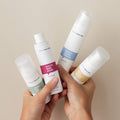
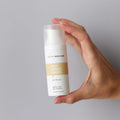
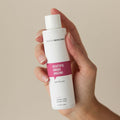
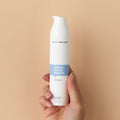
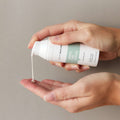
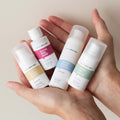
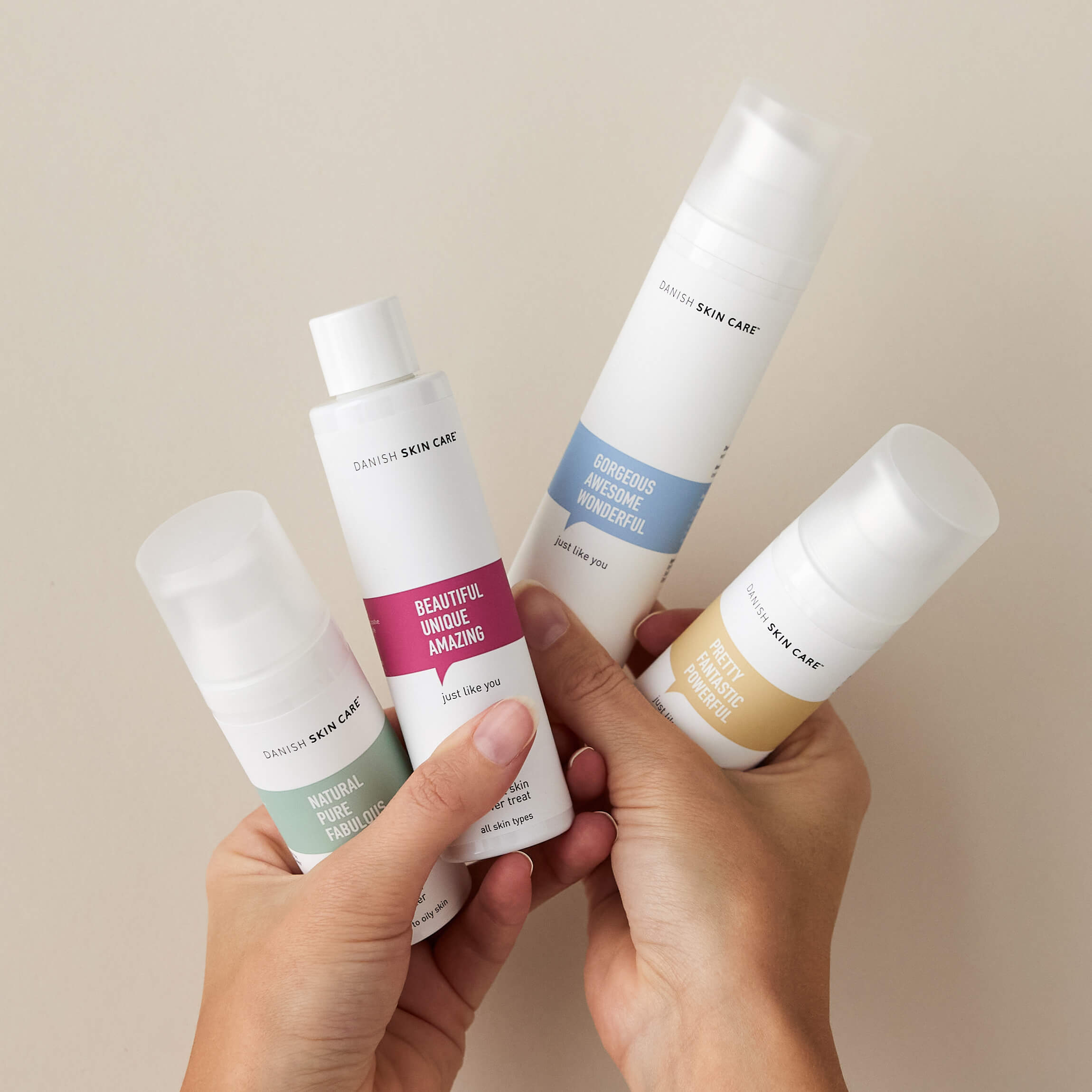
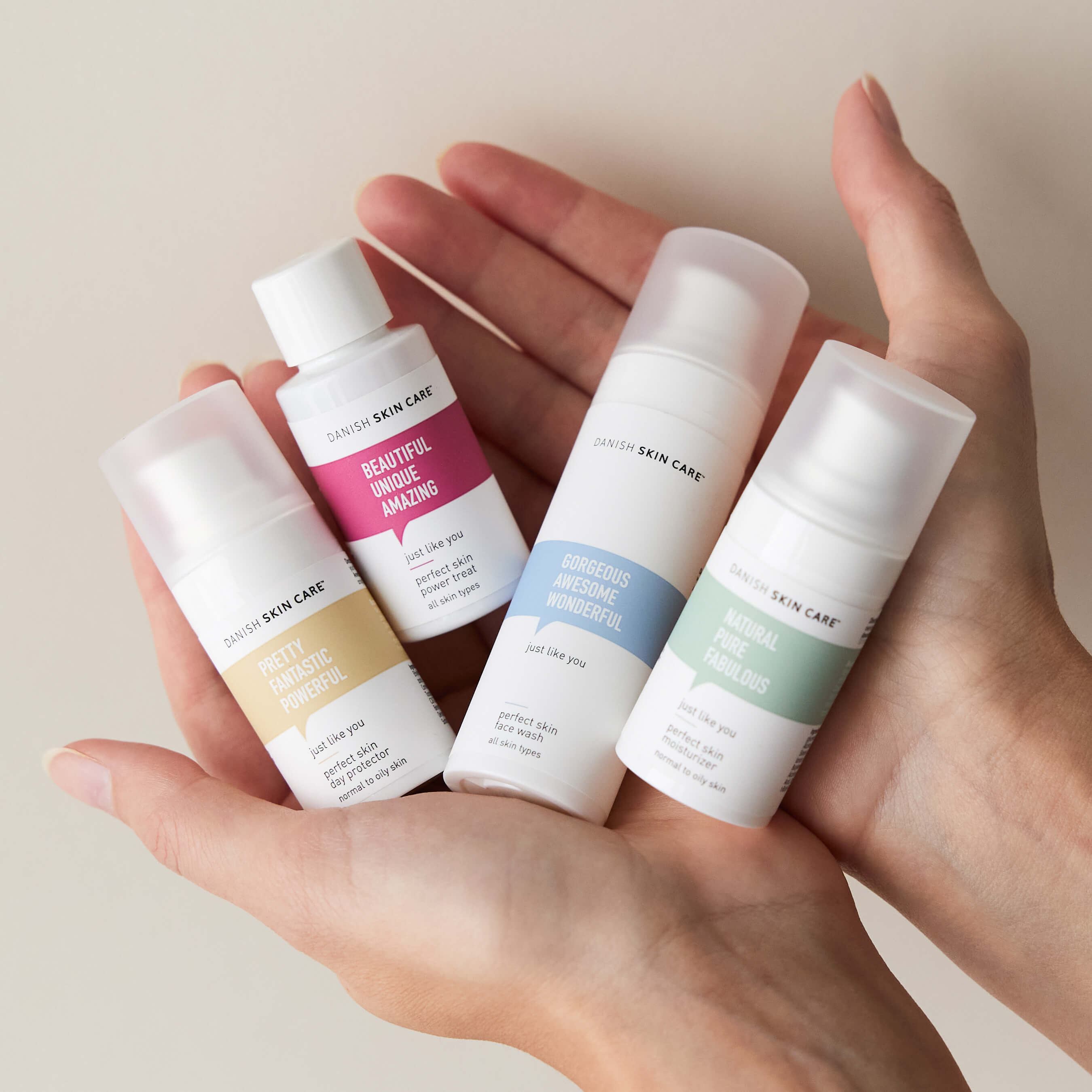
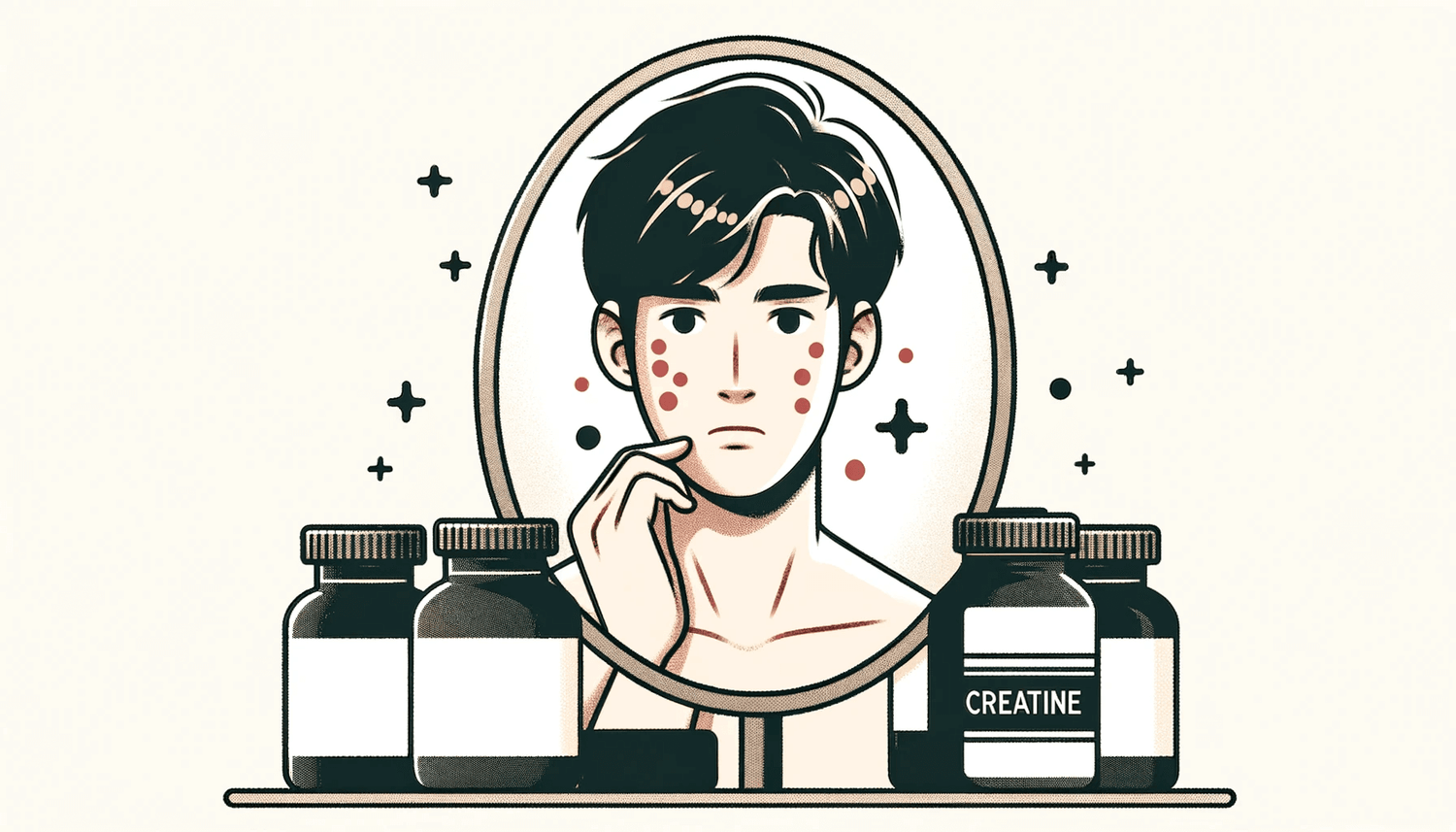
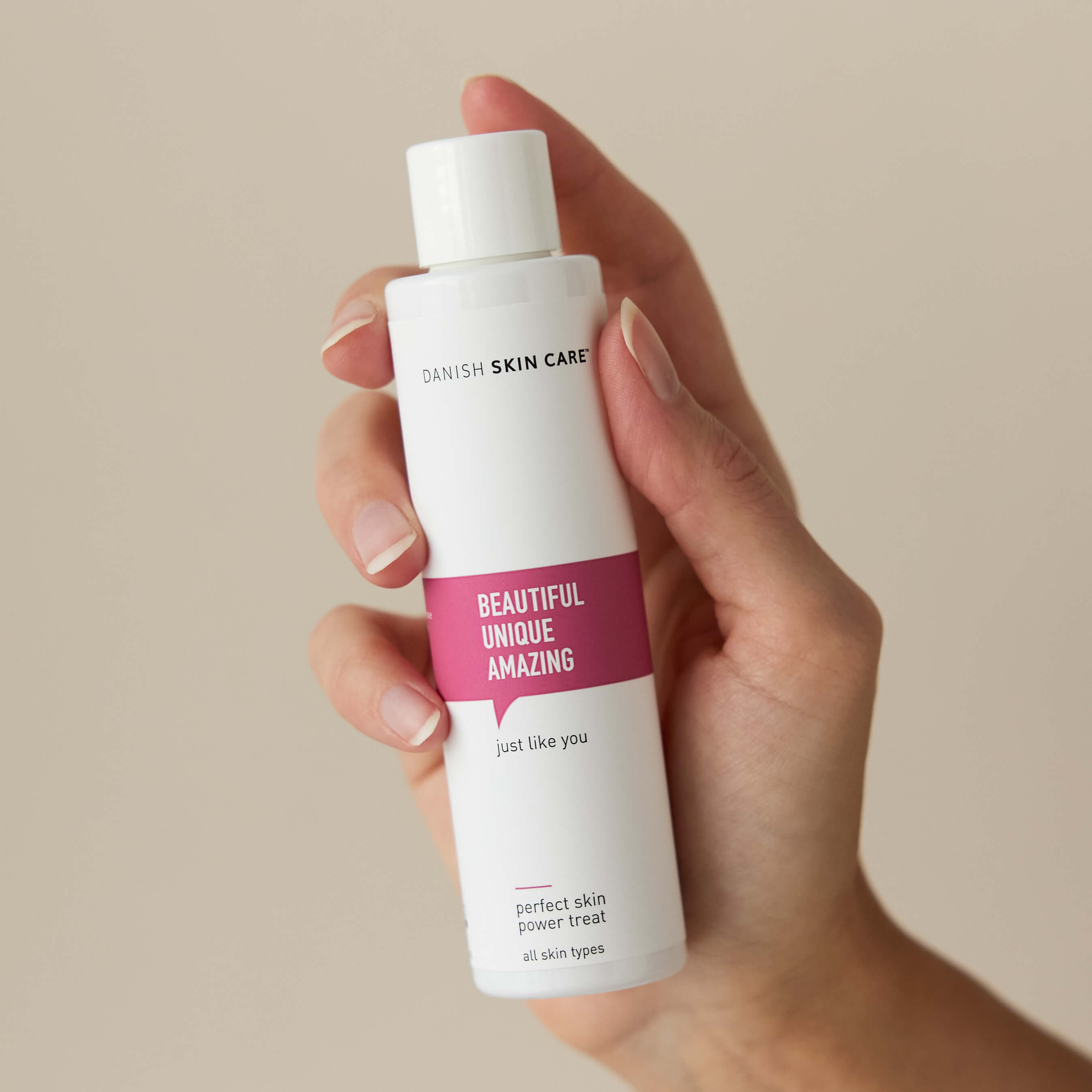

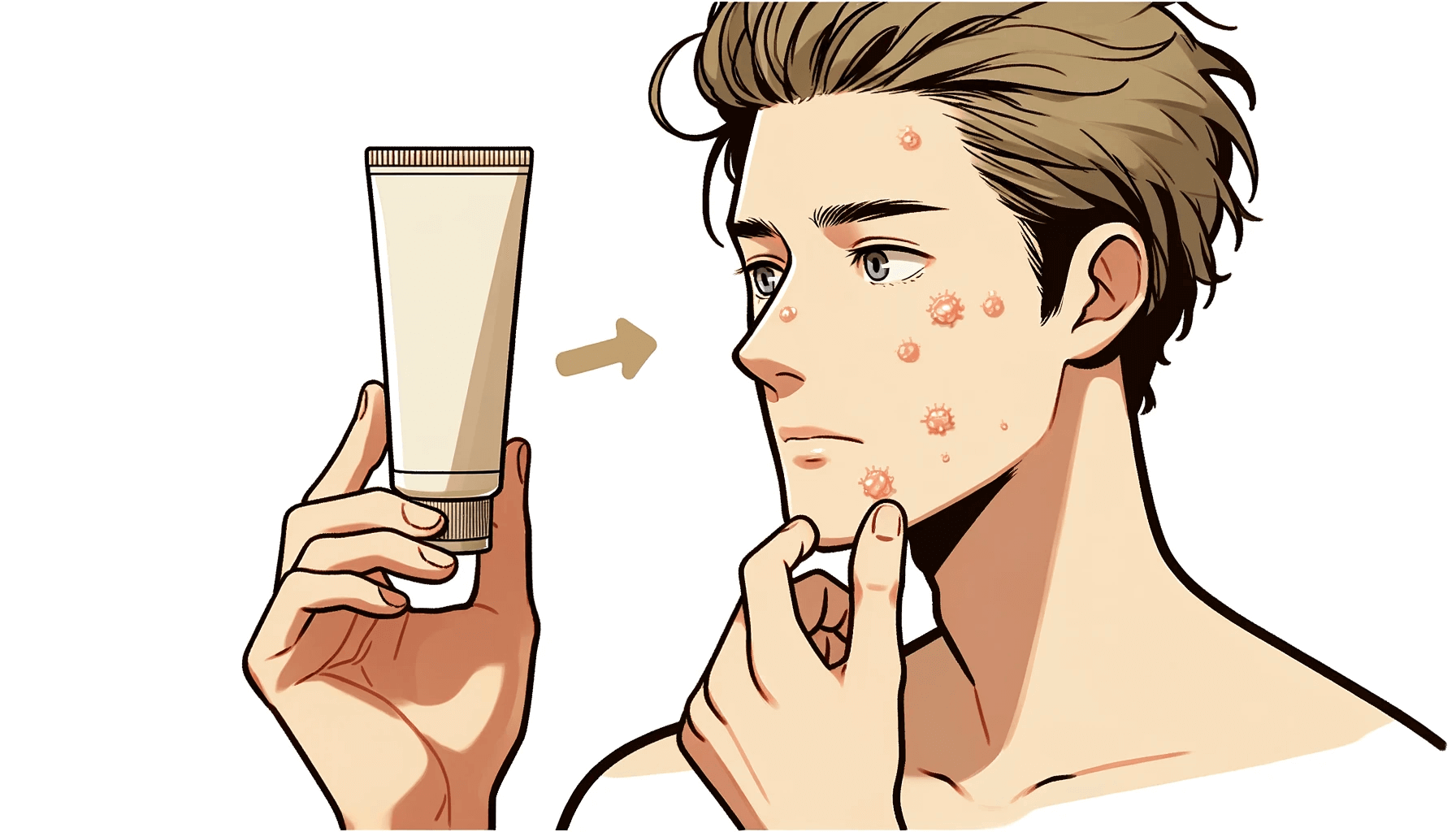
Leave a comment